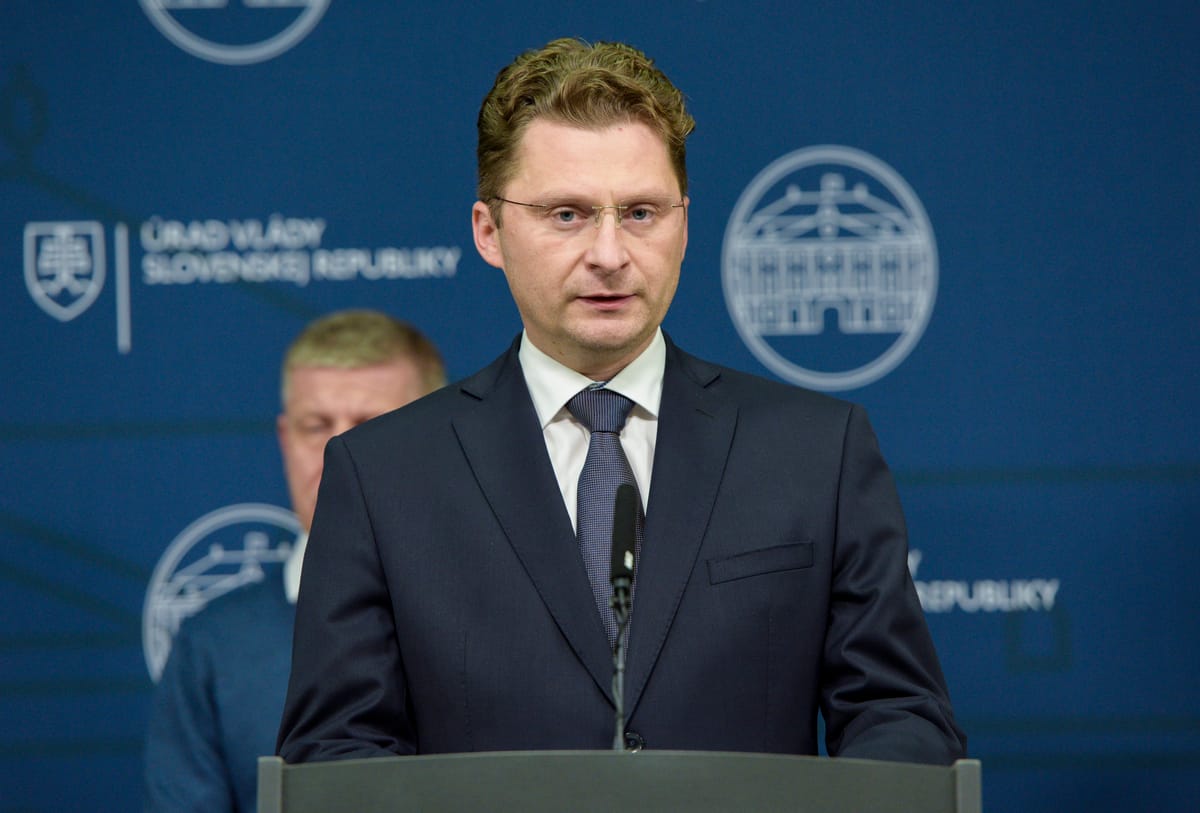LOZ Continues to Collect Hospital Doctors' Refusals to Do Overtime Work
The doctors' trade union is still collecting notices of refusal to engage in overtime work from hospital doctors, Medical Trade Union (LOZ) chairman Peter Visolajsky told a news conference on Monday, adding that it's already collected 2,635 of these.

Bratislava, September 30 (TASR) - The doctors' trade union is still collecting notices of refusal to engage in overtime work from hospital doctors, Medical Trade Union (LOZ) chairman Peter Visolajsky told a news conference on Monday, adding that it's already collected 2,635 of these.
When these notices are filed will depend on the government's actions, said Visolajsky, adding that the union will start collecting regular resignation notices if the consolidation package is approved by Parliament.
"As the government isn't addressing the health-care sector and is only deepening the problems of the Slovak health-care sector by the steps that it's taken for the whole year, we've called on our peers to join us and file refusals to carry out overtime work," said Visolajsky. He specified that such notices have been collected from 24 Slovak hospitals, including key hospitals and wards from across Slovakia.
Visolajsky again criticised the consolidation package. There are other ways to save costs in the health-care sector without this affecting patients and their treatment, without cuts in the number of health-care professionals and without shortages of medicines or dysfunctional hospitals, he said. "If the Health Ministry did what it should, it could save €241 million in the health-care sector this year alone," he claimed, adding that €308 million could be saved next year.
The LOZ chairman pointed to analyses prepared by the Health Ministry and the Finance Ministry and presented several ways to cut costs. These include, for example, central purchases of medicines, optimising the prices of treating methods and medical aids, and legal obligations for health-insurance companies to cover the minimum justified costs of treating a patient in hospital.



